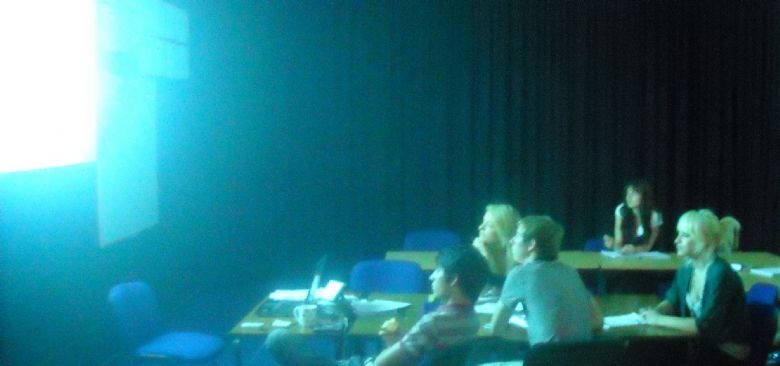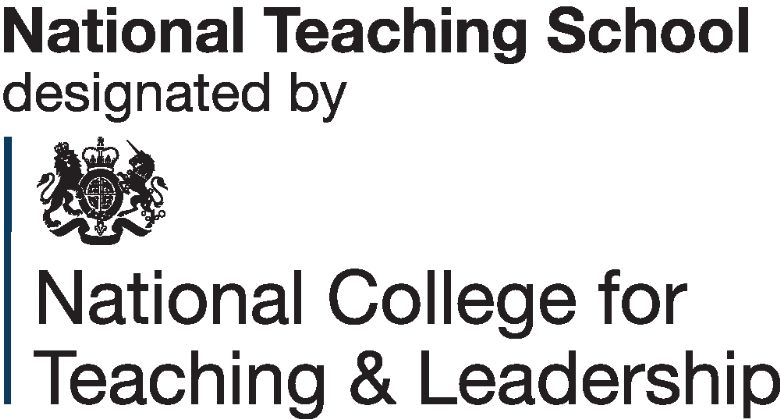Film Studies

Examination board: OCR
The Course
Many consider film to be the main cultural innovation of the twentieth century and a major art form of the last one hundred years. Those who study it characteristically bring with them a high degree of enthusiasm and excitement for what is a powerful and culturally significant medium, inspiring a range of responses from the emotional to the reflective and critical. Film studies consequently makes an important contribution to the sixth form curriculum, offering the opportunity to investigate how film works both as a powerful medium of representation and as an aesthetic medium. The subject develops students’ critical thinking and is an academic pursuit, recognised by higher education institutions. There is no practical element to the course, and highly competent written skills are required: film is not a vocational subject. It is our expectation that all students will pursue the full A level award in film. This newly reformed qualification comprises three components taught across Years 12 and 13.
In Year 12, students will cover Unit 1: film history. We will study British and European filmmaking, including silent film and classical Hollywood – so students must have broad minds and varied tastes – or be prepared to learn new things and broaden their horizons! Any resistance to difficult or unusual films will not reap rewards. In Year 13, we study Unit 2: critical approaches to film, which takes in a wide range of films, from huge blockbusters such as Star Wars: The Force Awakens through to independent British and US films and Iranian cinema. We also examine the work of documentary film makers. In year 13, students complete their Unit 3 coursework. – an original screenplay, storyboard and reflective analysis . This comprises 30% of the A Level qualification. Please be aware that there will be 18 certificate films screened in part or in full where appropriate on the course. This will be done with due warning of the issues that the film addresses and in line with the guidance given by the exam board and the British Board of Film Classification.
Careers
Film is an excellent complement to English literature, English language and literature or drama and theatre studies and for anyone considering a future in arts or the media. British cinema is receiving considerable support from the government at the moment and is likely to remain a growth industry for some time. Film is also a popular area for academic study in many disciplines. Students often also combine A level study of film with other arts, languages and humanities subjects but, in reality, film complements any other subject and many of our students take an eclectic mix! Many of our students have left to pursue degrees in film, creative writing and media and several have gone on to successful careers in the industry.








